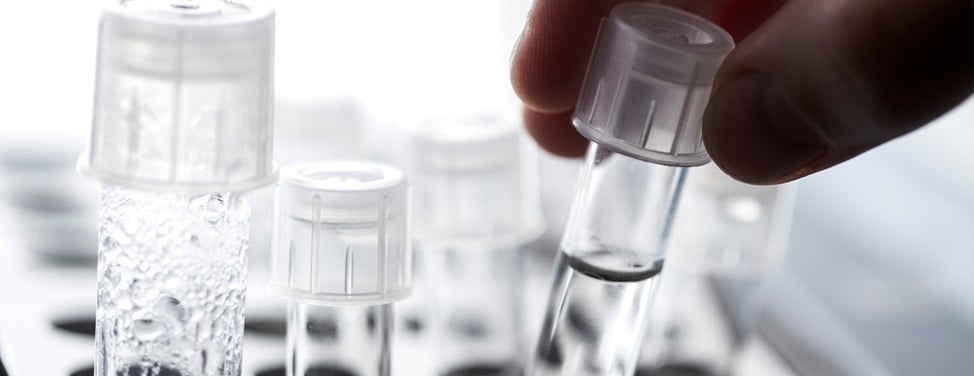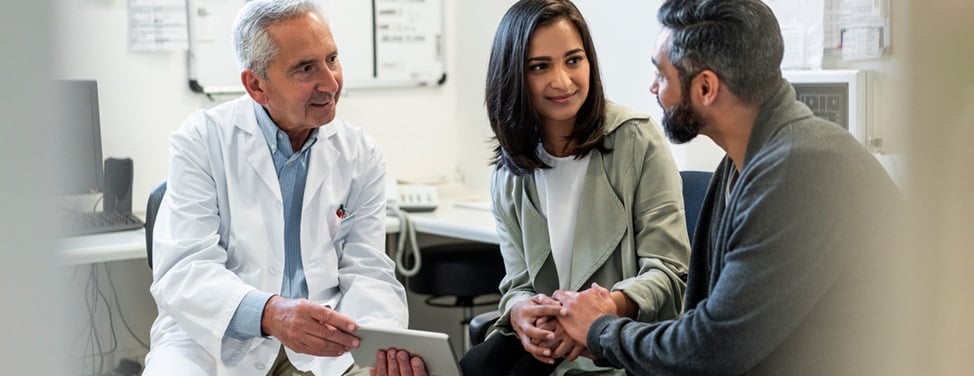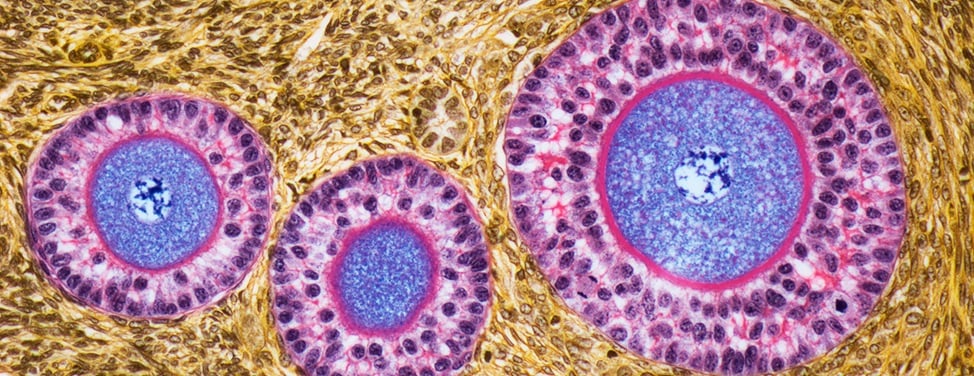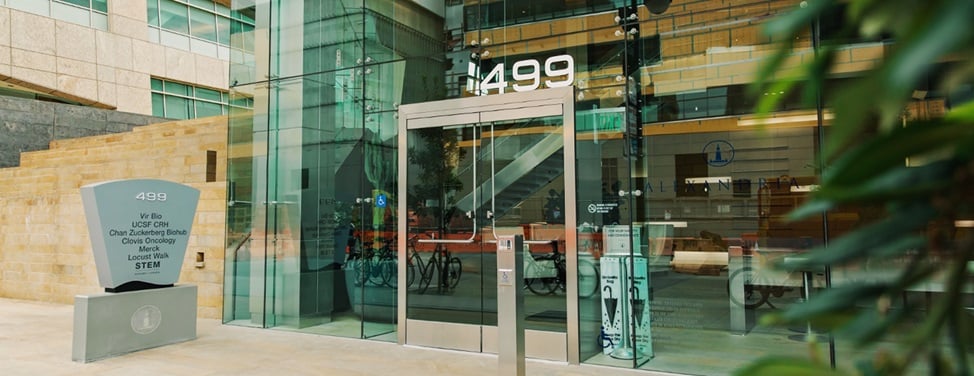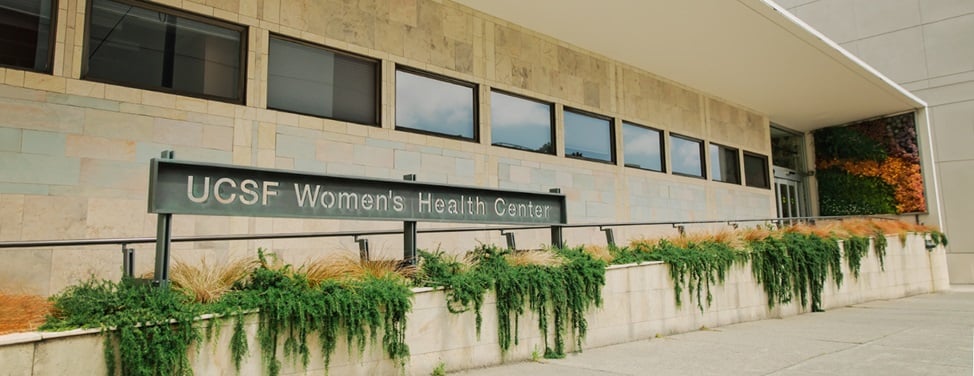The ovum donation process
Application and screening
The first step is to complete an application, which you can request by calling (415) 514-5615 or emailing [email protected]. This application includes a detailed questionnaire about your background and your medical, family and personal history. We also ask prospective donors to submit photographs of themselves.
After you submit your application, our team reviews it. If you meet our criteria, we will call you to arrange screening appointments with a psychologist, a genetic counselor and a reproductive endocrinologist. The reproductive endocrinologist will perform a physical exam that includes a pelvic exam and cervical cultures. At this visit, we also draw blood to screen for infectious diseases and certain genetic diseases and to measure reproductive hormone levels. Our team members are available to explain the process in detail and to answer your questions. The reproductive endocrinologist will describe the medical procedures involved in egg donation and discuss any risks with you. In recruiting and screening donors, we adhere to guidelines set by the American Society for Reproductive Medicine, Food and Drug Administration (FDA) and our own institutional ethics board.
Not all potential egg donors are selected. Not all selected egg donors receive the monetary compensation advertised. As with any medical procedure, human egg donation has some risks. If you're approved to be an egg donor, we advise you to consult with your doctor before agreeing to donation and entering into a donor contract.
The selection process
If you're accepted into the program, your pictures and profile information will be accessible to patients in our practice who are interested in using egg donation. This is a confidential process in which pictures and profile information supplied by you are shared with interested patients. To protect your privacy, we share only your first name.
If a recipient chooses you as an egg donor, our medical staff will teach you how to prepare and administer the injectable medications. You may administer these daily injections to yourself or choose someone to give them to you.
Cycle synchronization and egg retrieval
When you're ready, your doctor and nurse coordinator will synchronize your cycle with that of your recipient by putting you on birth control pills for a few weeks. During this period, you'll also start injections of leuprolide (Lupron), a synthetic hormone that temporarily halts your ovaries' normal function. Egg production is then stimulated using injectable follicle-stimulating hormone (FSH), which is similar to the natural hormones your body makes before you ovulate. We will give you a detailed calendar showing when to take medications and when to come in for blood tests and ultrasound exams.
Over a period of two weeks, you will have a series of seven to 10 short visits to the UCSF Center for Reproductive Health. These morning visits include taking a blood sample and performing a vaginal ultrasound to assess your progress. (If you live in the North Bay, you may be able to have these visits at our Marin office.)
At the end of the two-week monitoring period, we will retrieve the eggs. Egg retrieval is performed through the vagina, a process for which you'll receive a light general anesthetic that's administered intravenously (through a vein). You will need someone to drive you home after the procedure and should schedule yourself a day to recover. Most donors can resume normal activities the next day, although recovery takes longer for some. After the retrieval, you'll receive financial compensation.
Getting started
If you'd like more information or an application, call our donor coordinator at (415) 514-5615 or email us at [email protected]. Once we receive your application, we will consider whether to have you take the next steps of the screening process.








